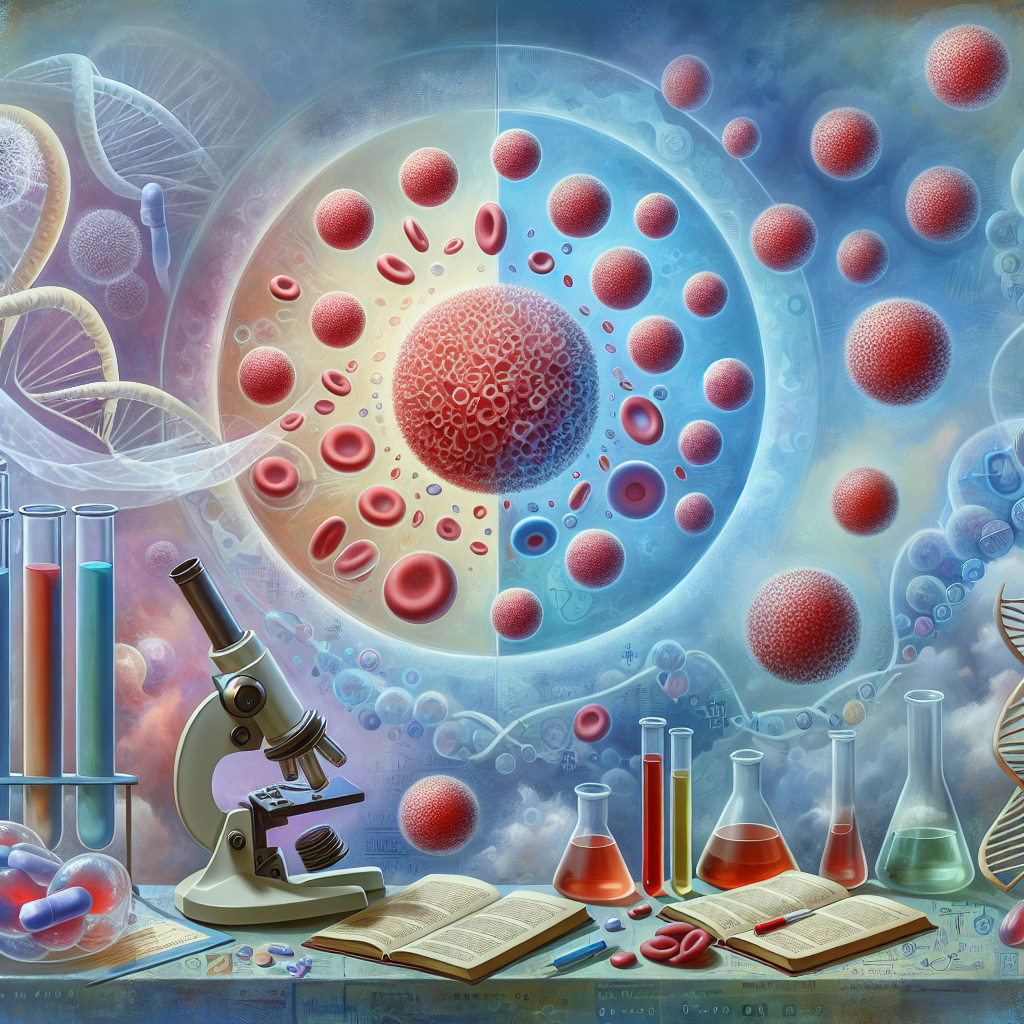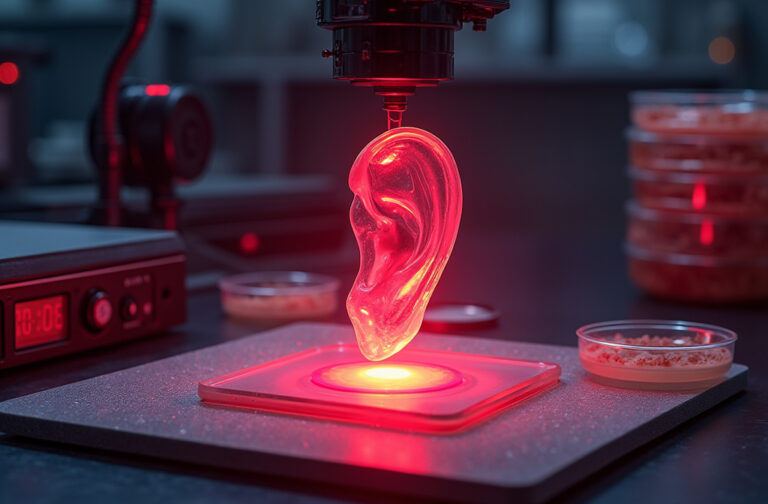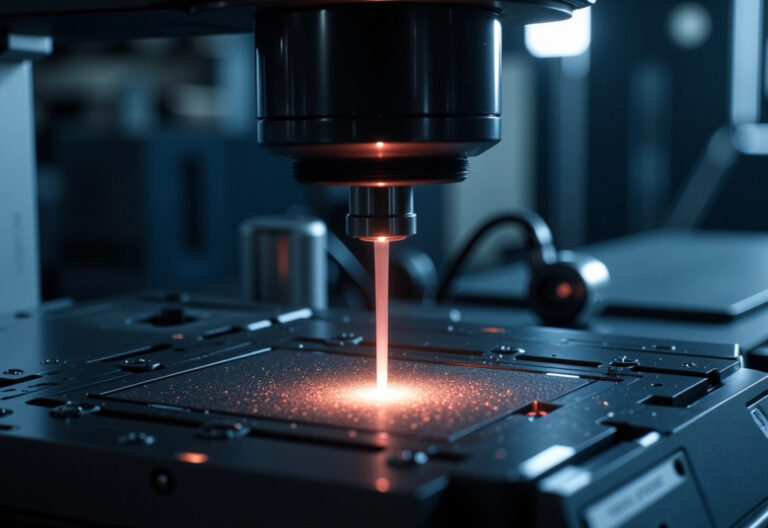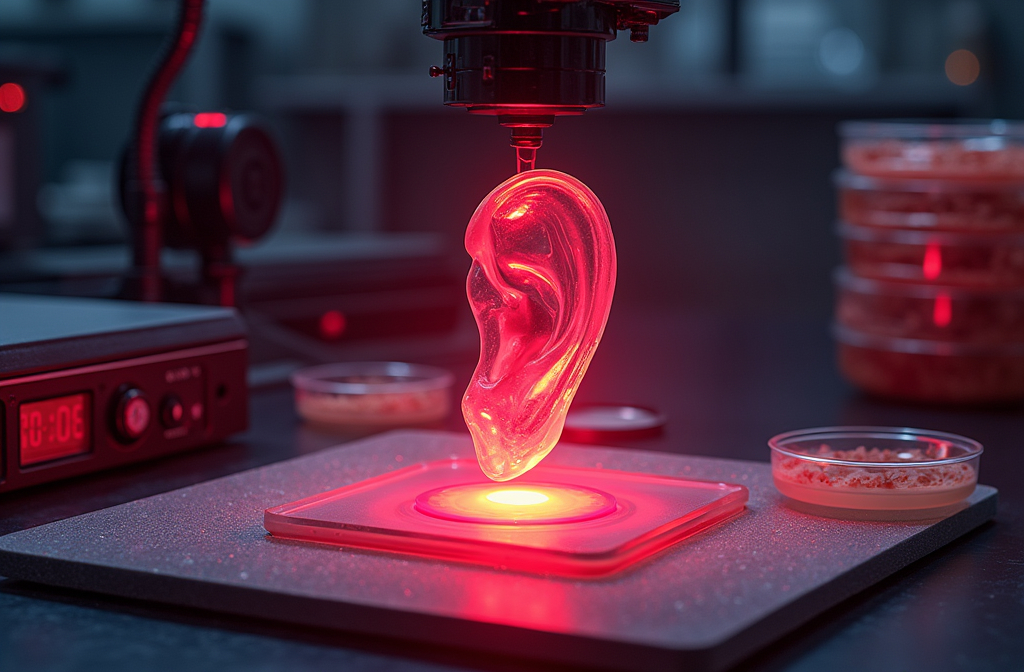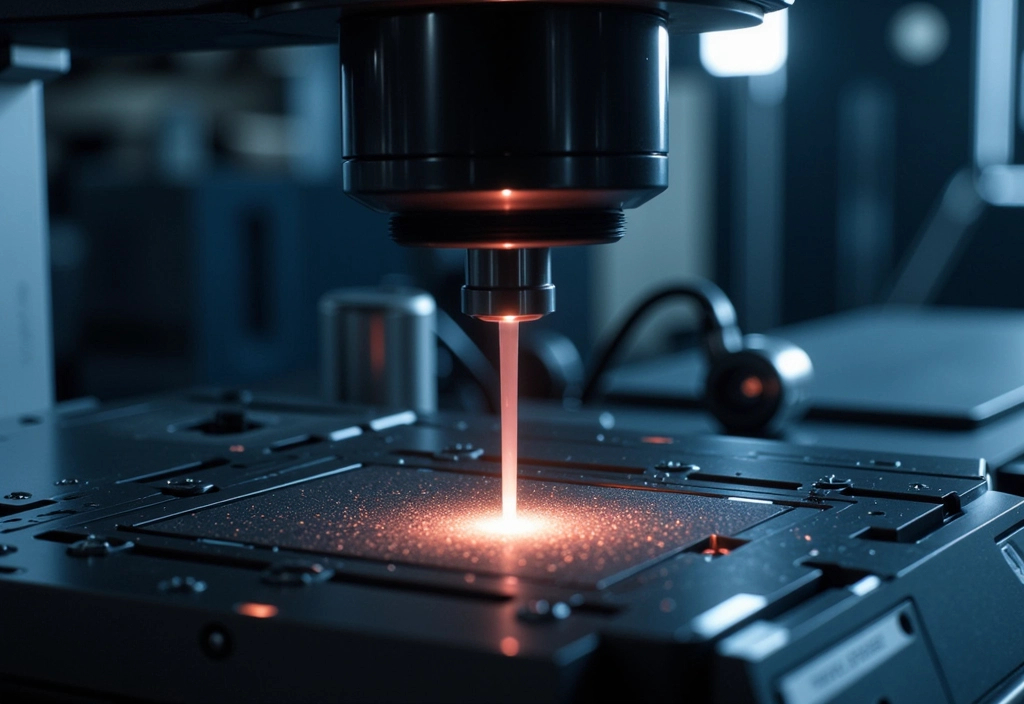- What happened:
Researchers have made significant strides in developing “inverse vaccines,” a new kind of vaccine that works in the opposite way to traditional vaccines. Unlike vaccines that train the immune system to fight infections, inverse vaccines retrain the immune system to stop attacking the body’s own healthy cells. - Why:
Autoimmune diseases, such as multiple sclerosis and type 1 diabetes, occur when the body mistakenly attacks its own tissues. Current treatments often involve suppressing the immune system, which can lead to side effects like increased susceptibility to infections. The need for a more targeted approach has led to the development of inverse vaccines. These vaccines could prevent the immune system from attacking the body without weakening its ability to fight real threats. - Who:
Scientists, researchers, and biotech companies are leading the way in this innovative field. The vaccines are primarily being designed for people with autoimmune diseases like multiple sclerosis, type 1 diabetes, and potentially even allergies. - How it works:
Regular vaccines stimulate the immune system to fight off harmful invaders like viruses or bacteria. Inverse vaccines do the opposite: they teach the immune system to tolerate the body’s own cells. This is done by tagging the self-antigens (molecules that the immune system is wrongly attacking) with a sugar, sending these molecules to the liver. The liver then signals the immune system that these antigens are not a threat, leading to immune tolerance and preventing further attacks on healthy tissues. - How it will benefit humanity:
If inverse vaccines work as hoped, they could provide a groundbreaking way to manage or even cure autoimmune diseases. Instead of managing symptoms or suppressing the immune system with medications that can cause harmful side effects, these vaccines could lead to long-term remission or potentially complete cures. Millions of people who suffer from chronic autoimmune conditions could experience better quality of life and reduced dependence on medications. - When it will be available:
Inverse vaccines are currently in early stages of research and clinical trials. It could take several years before they are approved and available for widespread use. Clinical trials will test their safety and effectiveness in people, and regulatory bodies like the FDA will need to approve them before they can be distributed to the public.
This approach offers a safer, more efficient way to treat autoimmune diseases, reducing the reliance on immune-suppressing drugs and improving long-term outcomes.
Disclaimer: This content was simplified and condensed using AI technology to enhance readability and brevity.
Tenchov, R. (2024, June 13). Are inverse vaccines the cure for autoimmune diseases? CAS. https://www.cas.org/resources/cas-insights/are-inverse-vaccines-cure-autoimmune-diseases

